David
0 Comments
I'm 15 or so and I've been playing piano for just a year when I got the call from a singer of my acquaintance. She is cute and she needs an accompanist for the outdoor church strawberry social. I accept. (Though I'm way over my head, I'm keen to impress.)
We practice together. Somehow, I survive. However, I am about to learn the difference between the practice room and the stage. (I didn't imagine it is like basic training verses combat.) So, picture this: It's a beautiful day as I approach the piano the church has hauled onto the grass. The back of the piano faces the singer and the audience. I confidently sit down, and immediately my right leg starts to bounce uncontrollably against the underside of the piano. People are looking around for the source of the noise. I remain deadpan behind the piano. She keeps singing. It mercifully ends. Takeaways. 1. "Superbia et ante ruinam" Pride goes before the fall. But the show must go on. 2. Never underestimate the power of shameless audacity in a show business career. 3. The magic of the performing arts is its illusion that it is easy. David Revised June 2023 Bach - The Complete Sonatas and Partitas for Solo Violin by Arthur Grumiaux Mozart: Fantasia in D minor Classical students 1. Phrasing: Notice how the performer tapers each 2-note slur 2. Chords: Notice how the performer "strums" the chord from the bottom to top note 3. Dynamics: When the music goes up in pitch so does the intensity and vice versa. This is a common effect in classical music performance. Furthermore, phrases which rise often start softer before the crescendo. 4. Bach uses chromatic approach notes into chord tones measure three. Mozart uses these types of figures as well in the 10th measure of his Fantasia in D minor ten. Have fun. David Revised June 2023 Bach - The Complete Sonatas and Partitas for Solo Violin by Arthur Grumiaux Lockdown 2.0 Oh boy!
The article above supplies some great ideas to keep us practicing. I invite you to click the photo to read the article. David In 2018 I traveled to Poland to study with American Jazz Masters: Dena DeRose, Miguel Zenon, Aaron Goldberg, Mike Moreno, Ali Jackson, and Luques Curtis. This transformation experience was worth every penny. Aaron Goldberg, pianist, was my ensemble leader for the week.
But first. About seven years ago I first attended the Jamie Aebersold Jazz Workshop in Louisville Kentucky as a drummer. I was green but pumped. I was pulled out of the workshop on day one and sent to a room where two instructors waited. Instructor and bassist Bob Sinicrope started drilling me with questions. Who are you? Why are you here? Very direct. I explained I was a piano teacher and musician from Toronto who now played the drums. I had attended Berklee College of Music back in the day… He cut me off. “Who did you study with?” "Ah, Ray Santisi." “Ray Santisi, I’m his bass player!” We were instant friends. Which brings me back to Poland and Aaron Goldberg. On day one, after hearing us all play, we were put into groups and assigned rooms to report to. A bunch of us showed up, nervously eyeing each other. Language was immediately an issue. There were 5 Poles, 2 Russian teenager wunderkinds, 1 Chinese Rock Star, and 1 Canadian old guy. And we all noticed the room was devoid of music stands. Aaron walks in and introduces himself. Turns out h was a student of Bob Sinicrope! He then calls the first tune Body and Soul. Everyone knew it by memory! So, without music we sing, using solfege, together the bass line of the song after much discussion and negotiation of the chords. Then the singer, in halting English, explains it’s in the wrong key. Aaron gives us a new tonic note and low and behold we sing the bass line in a new key. He counts us in. Away we go. I was glad I was a drummer that day. At the concerts we are the only group playing without music. The lack of music meant we played with an intensity and conviction that the fakebook readers didn't have. I chalk it up to the terror of flying without a net. Our reward? Aaron buys us a bottle of Bison Vodka at weeks end and toasts us all. Thank you, Aaron, for the valuable insights and the vodka. David Revised January 2024 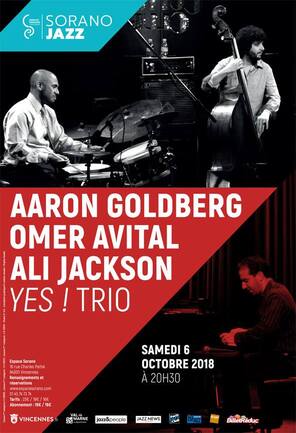
Memorizing simple tunes is the shortest way to get your jazz mojo swinging. The jazz method below is based on the wise words of Louis Armstrong and the teaching experience of Lenny Tristano. I credit the singing of the chord roots to Aaron Goldberg who I spent a week studying with in 2018.
Let us consider the benefit of singing the bass lines in the manner above
If I can help you through these steps, please call me. David Revised June 2023
It is two months before the big date. What do you do? How do you practice?
Some thoughts:
David Listen to superb musicians playing great music. It is a musical truism: "we are who we listen to" because who we listen to inculcates the sound of the music into our being. This inculcation will colour how you play.
Try this on your next new piece.
Have fun. David Revised January 2024 |
You've got to learn your instrument. Then, you practice, practice, practice. And then, when you finally get up there on the bandstand, forget all that and just wail. AuthorI'm a professional pianist and music educator in West Toronto Ontario. I'm also a devoted percussionist and drum teacher. Categories
All
|
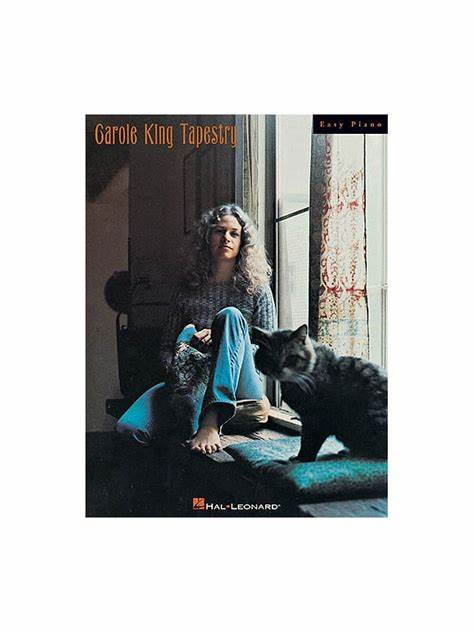
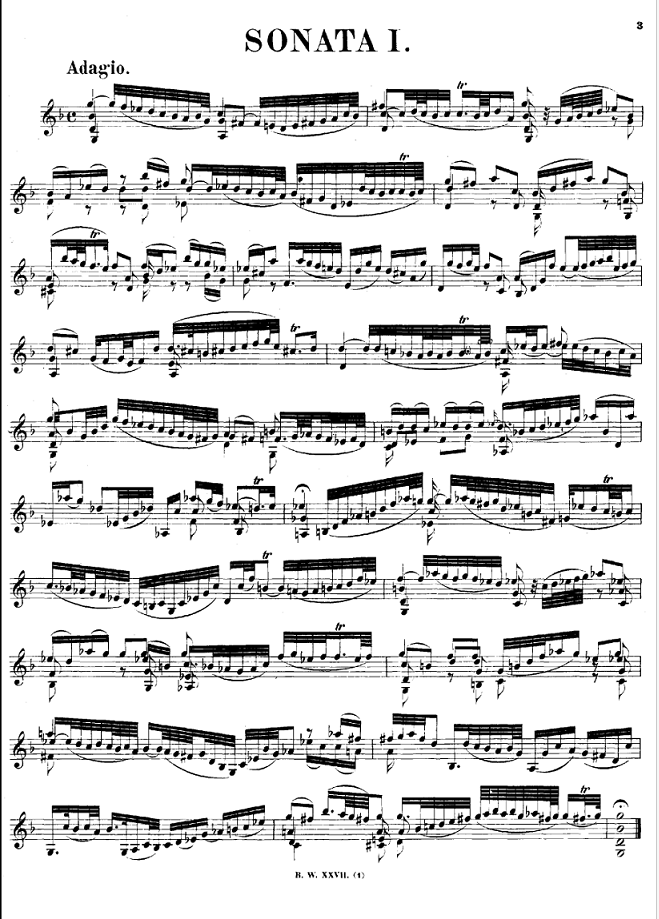
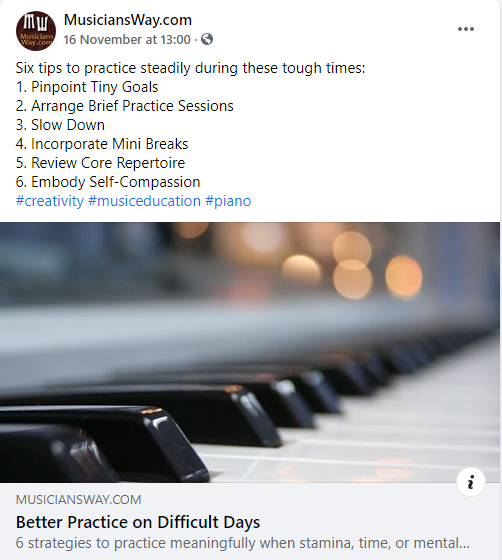


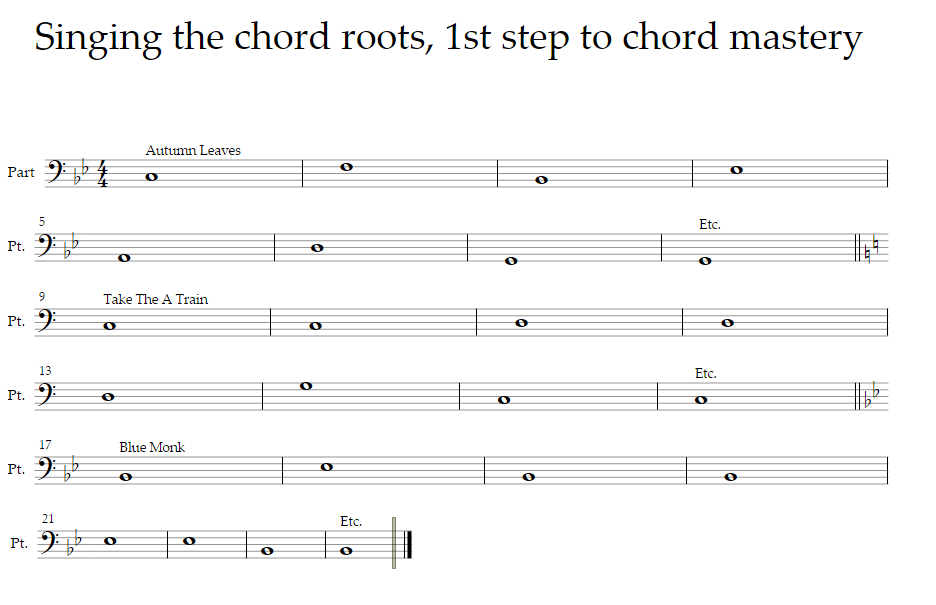
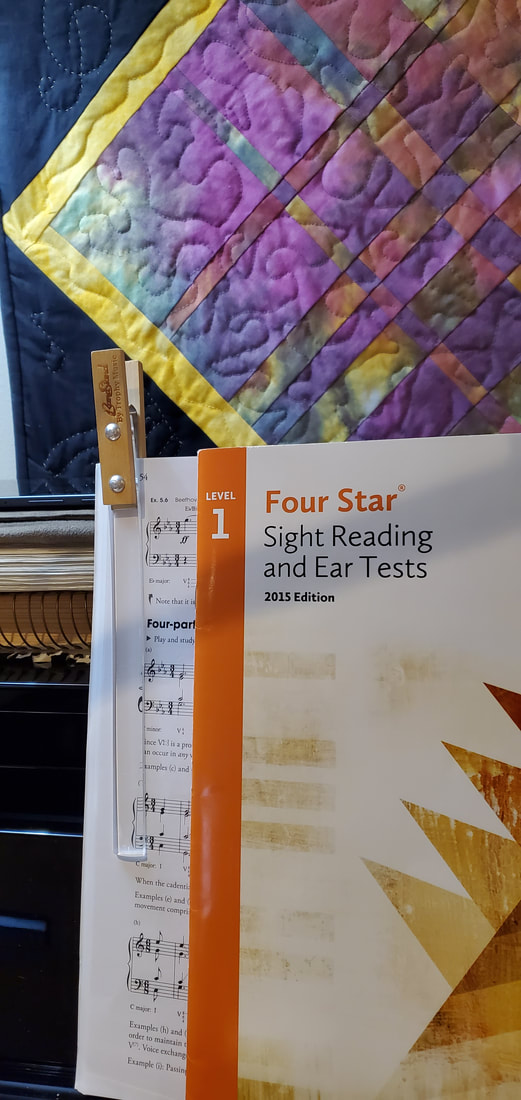
 RSS Feed
RSS Feed